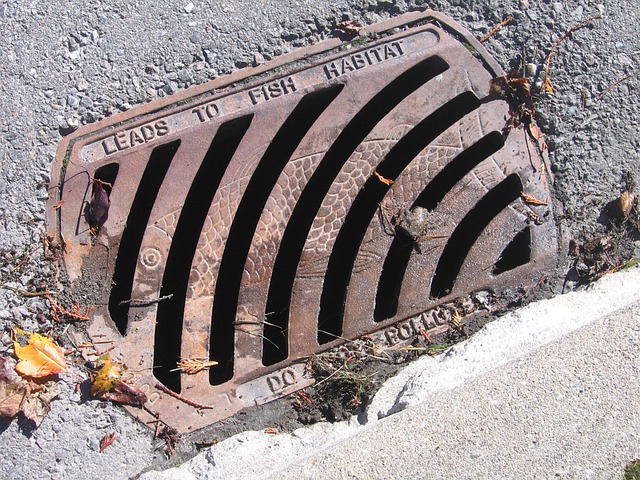Blocked drains and damaged drains are common plumbing issues that can cause significant inconvenience and potential damage to properties. Understanding the differences between the two is crucial for effective troubleshooting and maintenance. But what are the differences between a blocked drain and a damaged drain? And what action should you take?
What is a blocked brain?
A blocked drain is an issue that occurs when there is an obstruction preventing the normal flow of water through the drainage system. This obstruction can be caused by a variety of factors including grease, soap scum, hair, or foreign objects that have accumulated over time. Many cases of blocked drains result in slow drainage, gurgling noises, or unpleasant odours emanating from the pipes.
What is a damaged drain?
On the other hand, a damaged drain refers to structural issues within the drainage system that have a negative impact on its functioning. This damage can be caused by a number of different factors, including age, corrosion, tree root infiltration, ground movement, or poor initial installation. Unlike a blocked drain, a damaged drain will often have serious signs, including water leaks and damp patches, and it’s important that this damage is identified and located, with a professional inspection, before taking steps to resolve this. Advanced techniques like CCTV drain surveys can be very beneficial.
What are the differences between a blocked drain and a damaged drain?
There are a number of differences between a blocked drain and a damaged drain, and these include:
- The location of the problem- a blocked drain often affects a specific area, like a sink or a shower, while a damaged drain can have a negative impact on the entire drainage network.
- The scale of the problem- the severity of the problem is often much greater when it comes to a damaged drain, rather than a blocked drain, and a damaged drain will require more extensive repairs or even replacement of sections of the drainage system.
Regular maintenance is important
In terms of preventive measures, regular maintenance can help prevent both blocked and damaged drains. For blocked drains, avoiding the disposal of excessive grease, hair, and foreign objects down drains is essential. Installing drain guards can also help trap debris before it enters the pipes. Damaged drains, however, may benefit from proactive measures such as periodic inspections, especially for older properties or those with a history of drainage issues. Timely identification of potential problems can prevent them from escalating into more severe and costly issues.
To resolve your drainage problems, you will need to hire a professional team, like us here at KAM Ltd. Why not get in touch today to find out more?
